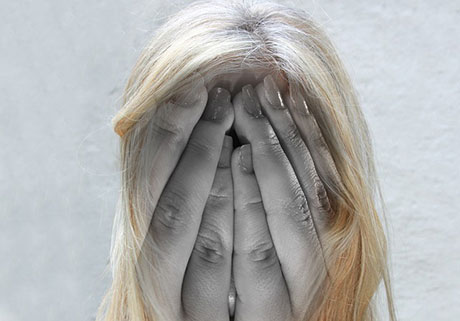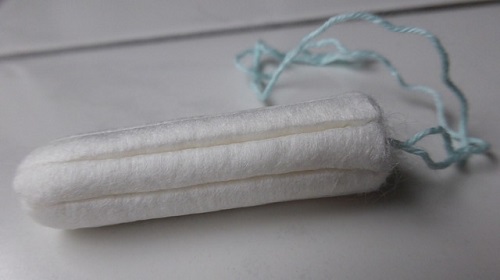For most women, PMS comes with unpleasant symptoms that can range from mild to severe. There are plenty of factors that can affect how your body reacts to PMS, and how intense your symptoms end up being from cycle to cycle. PMS symptoms can make it difficult for women to function in their daily lives if the symptoms are severe, and even if they’re not it often makes for an uncomfortable few days.
Common side effects of PMS include stomach cramping, bloating, fatigue, depression, anxiety, muscle pain, and headaches. Dealing with PMS symptoms can be uncomfortable and painful for most women, yet there are plenty of ways you can cope with these symptoms and help improve them altogether.
1. Be active
While it’s difficult to imagine leaving the comfort of your bed to run a marathon while suffering from extreme menstrual cramps, staying active while experiencing PMS can actually help relieve symptoms. You don’t have to a run 10 miles, any simple aerobic exercise that gets your heart rate up can help relieve the moodiness and anxiety you might be feeling as a result of PMS. Incorporating easy stretching and breathing exercises can also help reduce stress and ease some of the cramping you may be experiencing.
2. Maintain a balanced diet
Including a variety of healthy foods into your daily diet can help reduce PMS symptoms. Doing as much as increasing the amount of calcium rich foods that you eat can help significantly lower the intensity of your PMS symptoms. Make sure to eat a balanced amount of foods to make sure you’re getting all of the nutrients your body needs. Increasing fruit, vegetable, and wholegrain intake can help increase vitamin and mineral consumption, easing common painful menstrual symptoms. Stay away from salty foods, as they will most likely contribute to bloating. Try avoiding caffeine and alcohol, which can worsen cramping and increase moodiness and anxiety levels.
3. Drink plenty of water
It’s important to stay hydrated during your menstrual cycle, and this is no different during your PMS. Drinking lots of water can help alleviate some of the uncomfortable symptoms such as bloating. Dehydration can increase fatigue, headaches, and cramping as well, which is why you should be drinking water throughout the day.
4. Over-the-counter treatment
There are plenty of OTC drugs that can help alleviate the unpleasant symptoms of PMS. Anti-inflammatory drugs such as naproxen or ibuprofen can reduce premenstrual pain and cramping and decrease menstrual bleeding. Painkiller medication can help relieve the pain of stomach cramps, headaches, and muscle pain as a result of PMS.
5. Take vitamins
Sometimes, the worsening of PMS symptoms can be a result of your body needing certain vitamins and minerals to function effectively. Integrating certain vitamins into your daily diet can help reduce PMS symptoms. Try calcium supplements, vitamin E, magnesium, and B-6 vitamins to help combat PMS related symptoms such as bloating, menstrual cramping, and depression. Certain fatty acids such as omega-3s and linoleic acid found in supplements can also reduce irritability and aches commonly associated with symptoms of PMS.
6. Natural herbal remedies
You can also try the use of herbal remedies to help cope with PMS symptoms. Black Cohosh, for example, is an herb extract that help relieve insomnia and depression, and Evening Primrose Oil can help combat breast tenderness.
7. Try therapy
Some women participate in cognitive behavioral therapy to cope with particularly debilitating PMS symptoms. Oftentimes, PMS can induce feelings of depression or anxiety, and if you are experiencing these symptoms to an intense extent, it may to consult with a health professional. Cognitive behavioral therapy helps you learn new ways of managing these common symptoms, such as depression and anxiety, and can help you better understand how to cope with these feelings.
8. Take birth control pills
Oral contraceptive pills are a common solution to mediating severe PMS symptoms by preventing ovulation altogether. Women who experience severe PMS related pain can opt to get a prescription of birth control pills to help alleviate some of the symptoms. These contraceptive pills don’t always work, however, they can sometimes have adverse side effects such as moodiness and breast tenderness.



